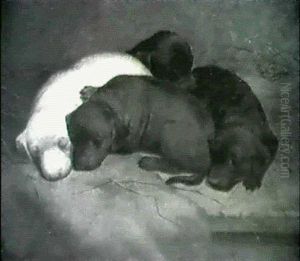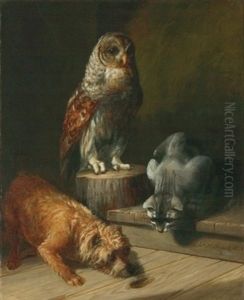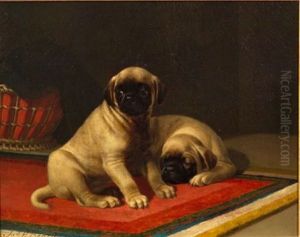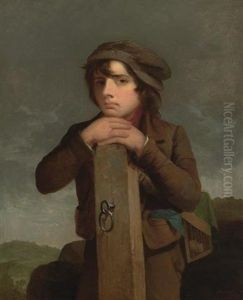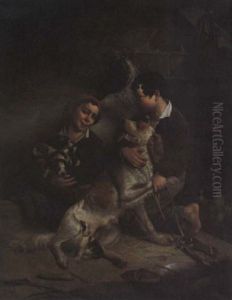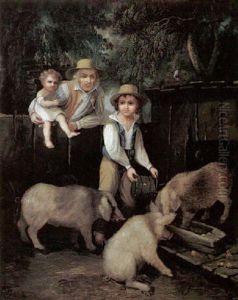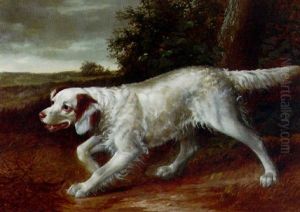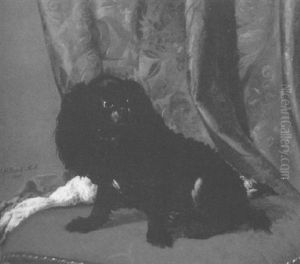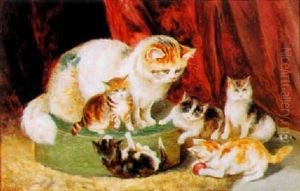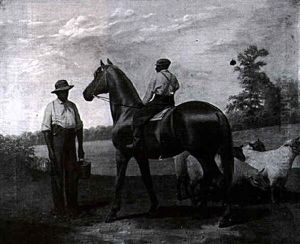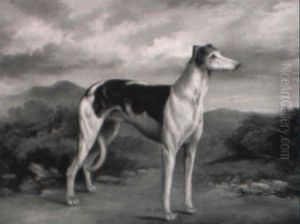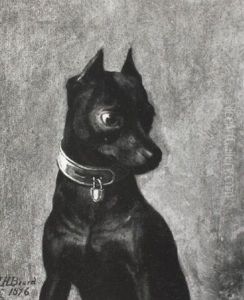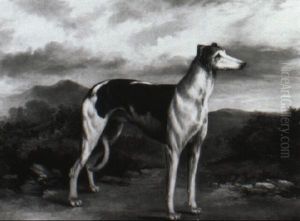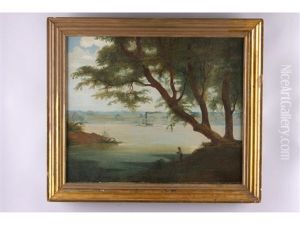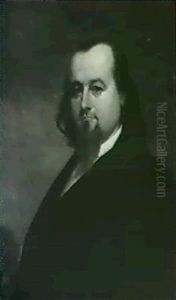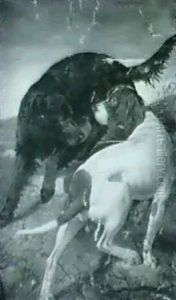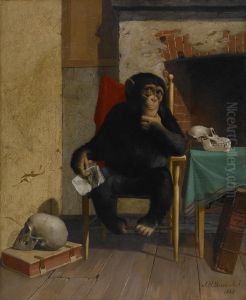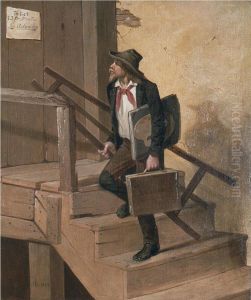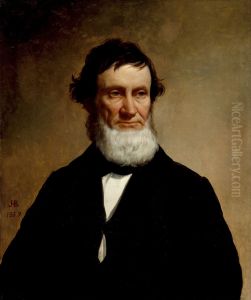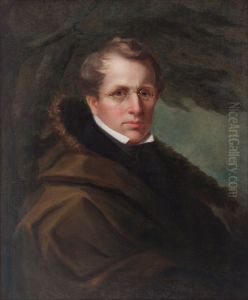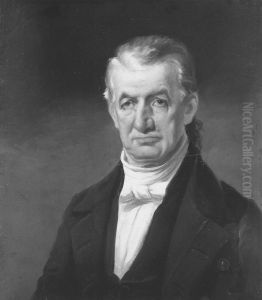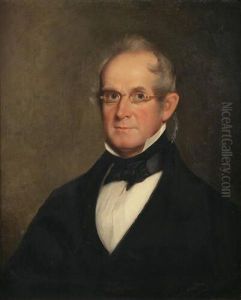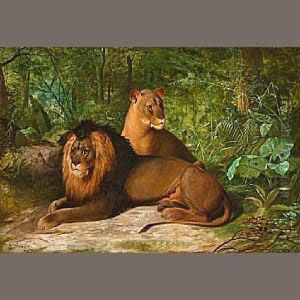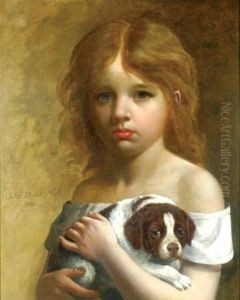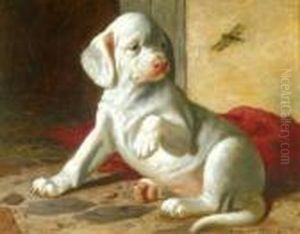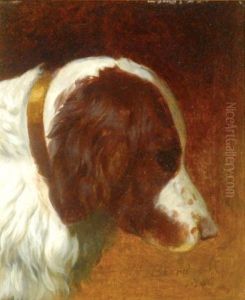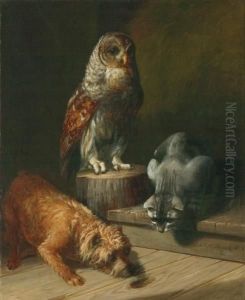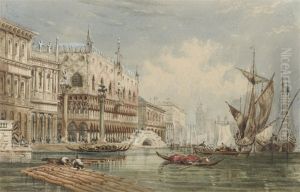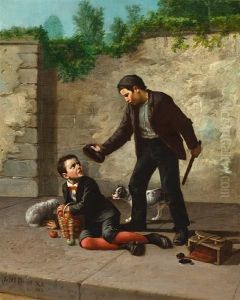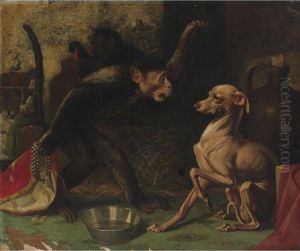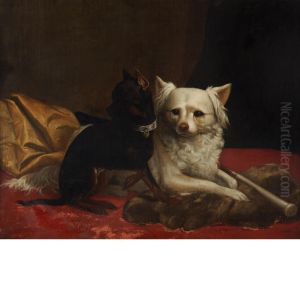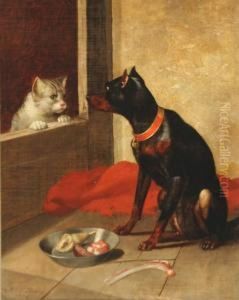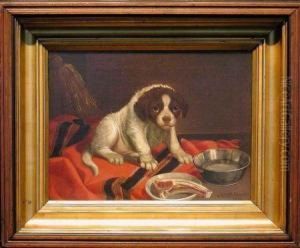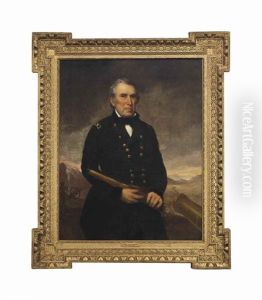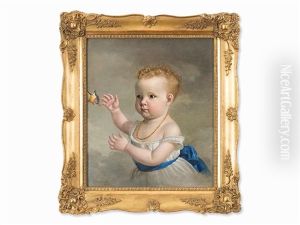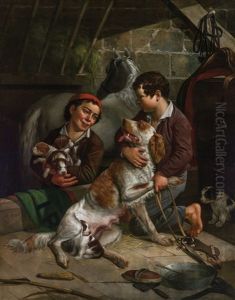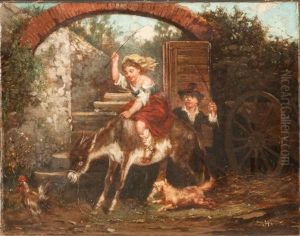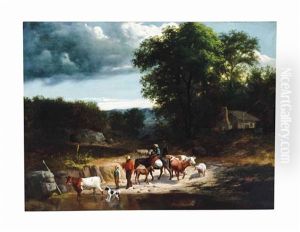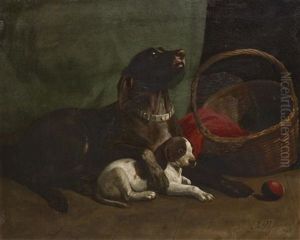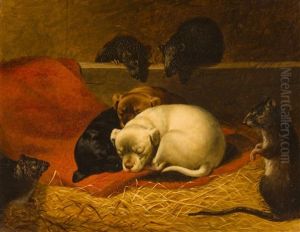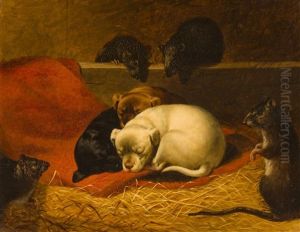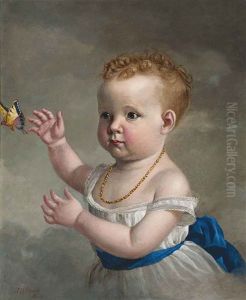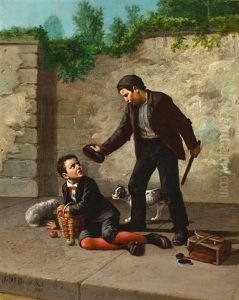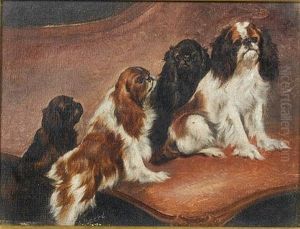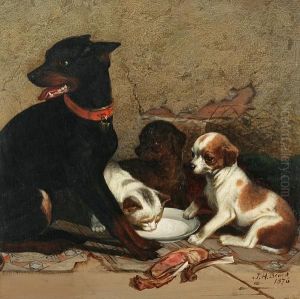James Henry Beard Paintings
James Henry Beard was an American painter born on April 4, 1812, in Buffalo, New York. He emerged as a significant figure in 19th-century American art, known for his portraits and genre paintings that often carried social commentary. Beard's early life was marked by the frontier spirit of his time, which influenced his choice of subjects and style. He moved with his family to Painesville, Ohio, at a young age, where he was largely self-taught in his artistic endeavors.
Initially, Beard began his career as a traveling portrait painter, a common practice at the time for artists seeking commissions. His travels took him through various parts of the United States, including New York City, where he eventually established a studio. Beard's work during this period was characterized by detailed realism and a keen observation of character, making his portraits highly sought after.
By the 1840s, Beard had begun to gain recognition beyond portraiture, delving into genre painting. These works often depicted everyday scenes with a humorous or moralistic tone, reflecting Beard's interest in the social issues of his day. Notable works from this period include 'The Long Bill' and 'The Illustrious Guest', which showcase his ability to combine technical skill with storytelling.
Despite facing personal tragedies, including the loss of his first wife and children, Beard's career flourished. He became a member of the National Academy of Design in 1861 and was involved with the American Art-Union, contributing to the development of American art. His later years were spent in New York City, where he continued to paint and engage with the art community until his death on May 4, 1893.
Beard's legacy is that of a pioneering American artist who captured the essence of his era through portraits and genre scenes. His work not only provides insight into the cultural and social fabric of 19th-century America but also reflects the evolving nature of American art during a period of significant change and growth.
